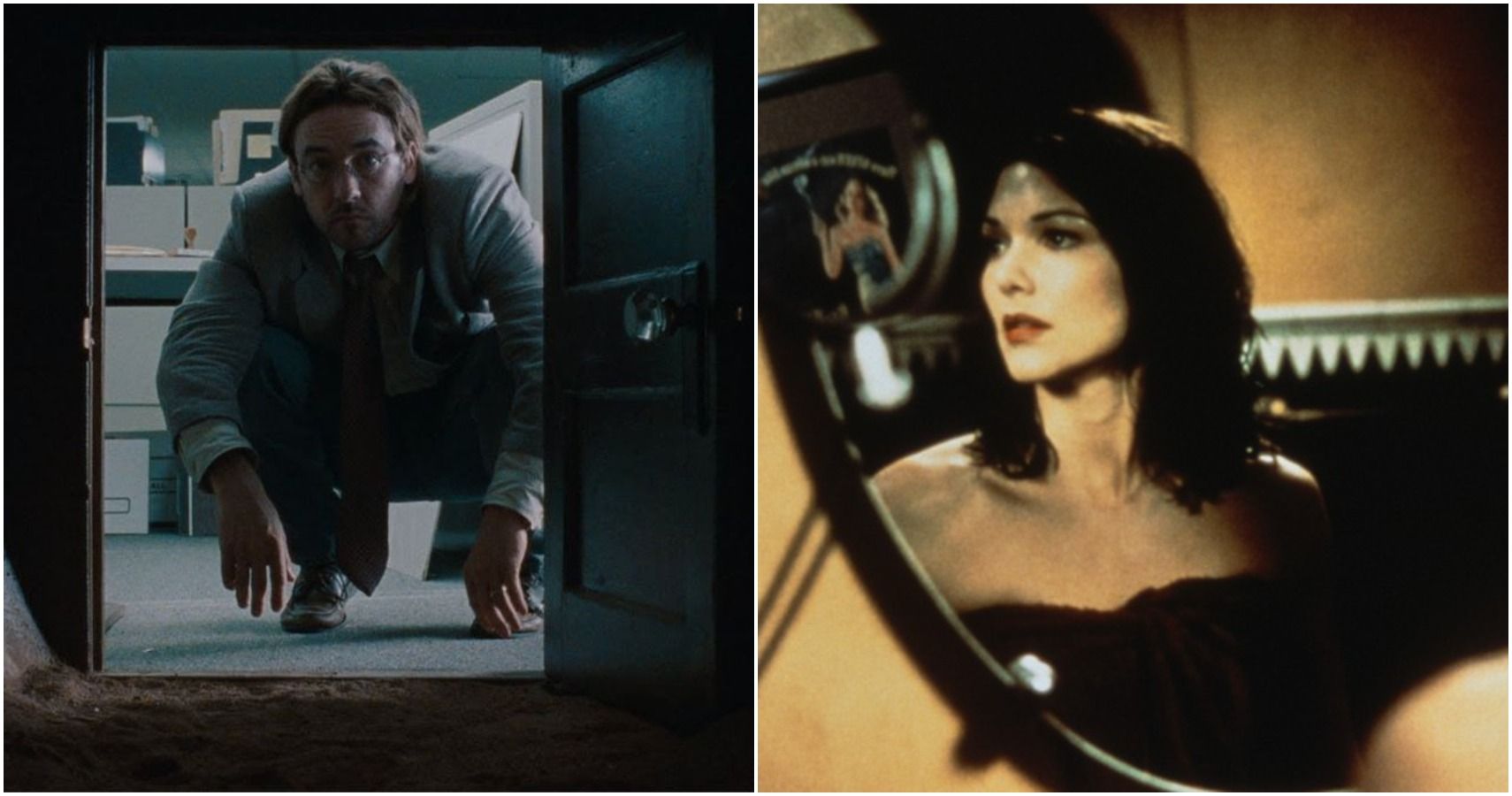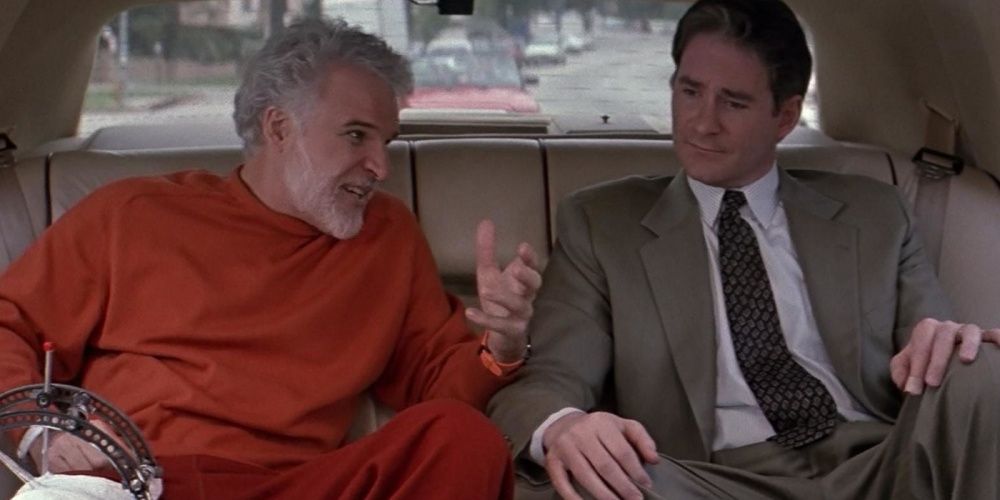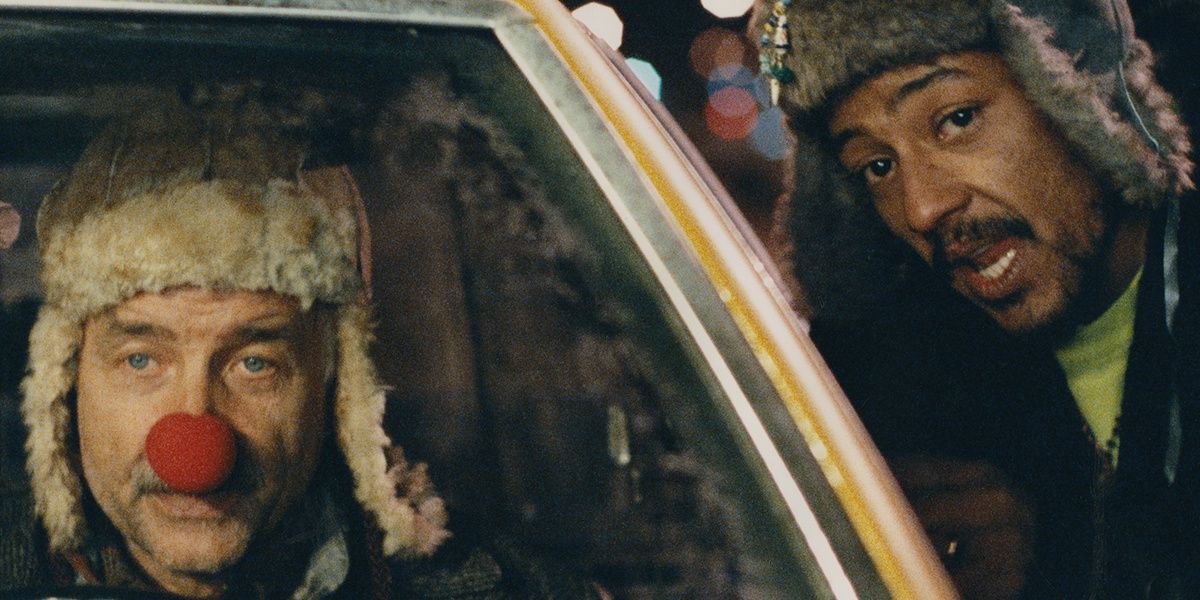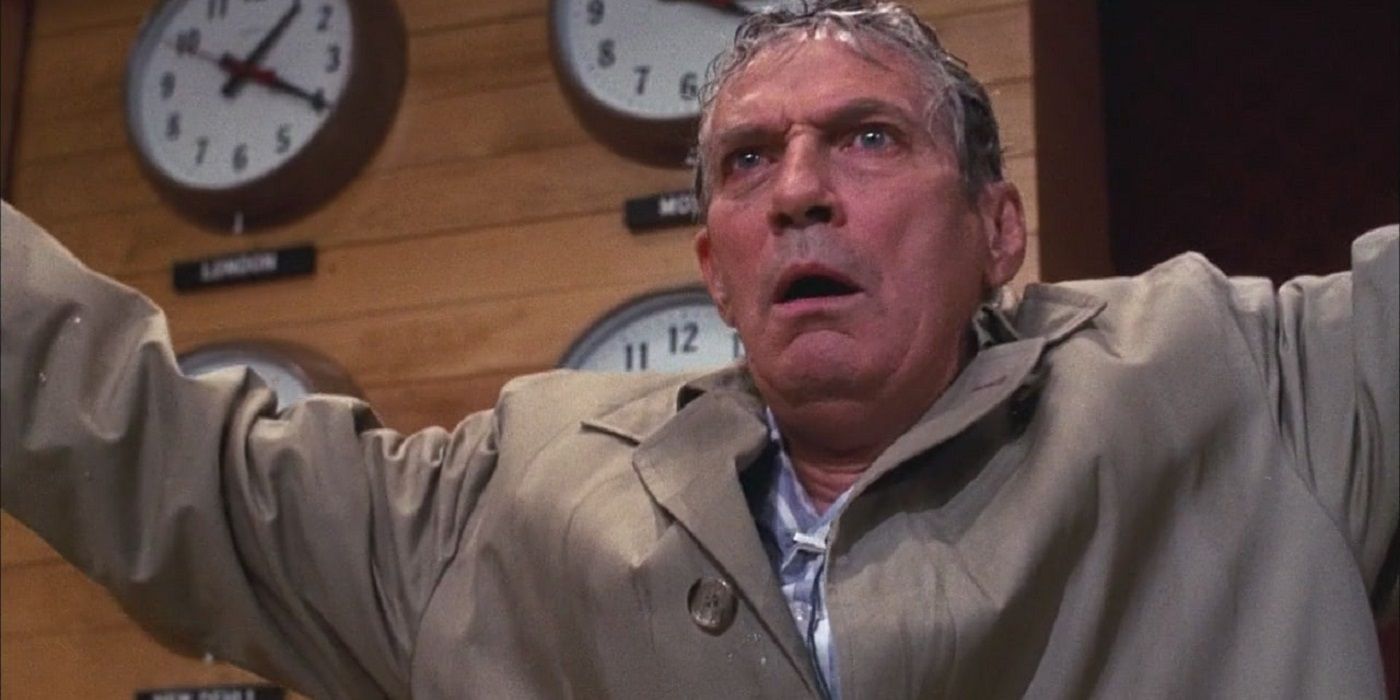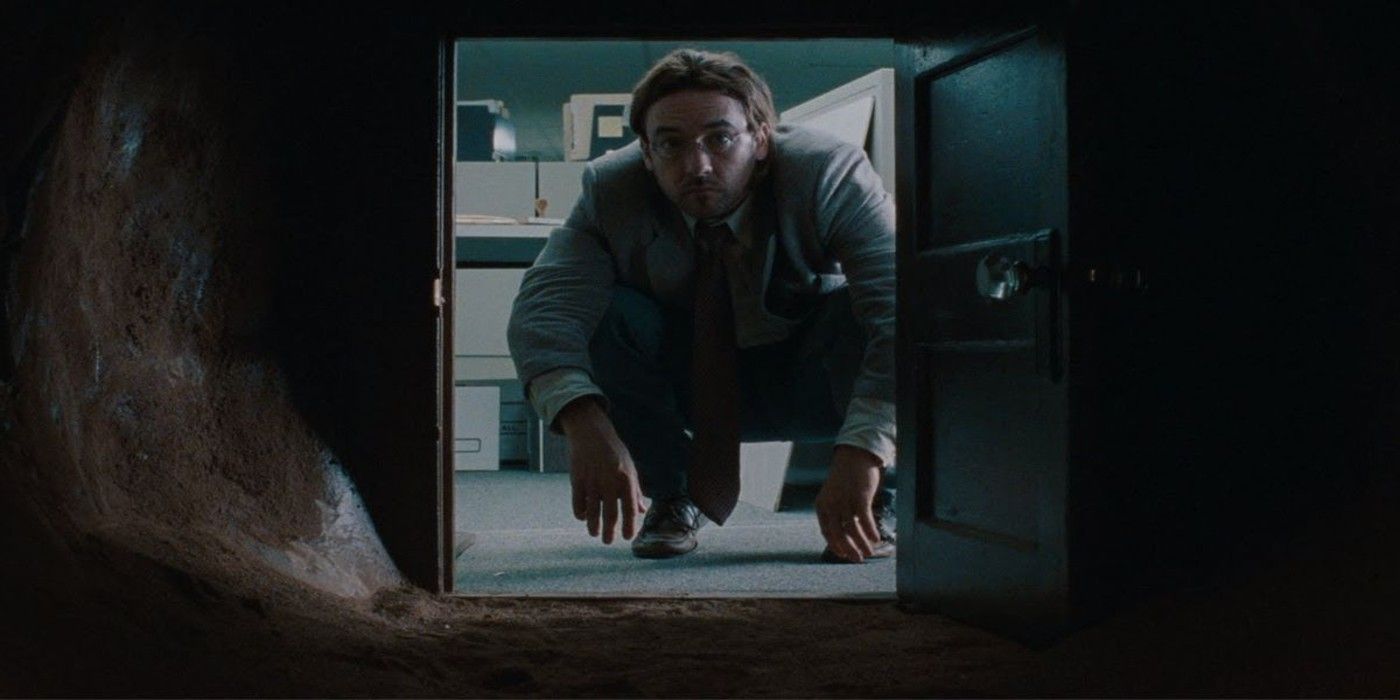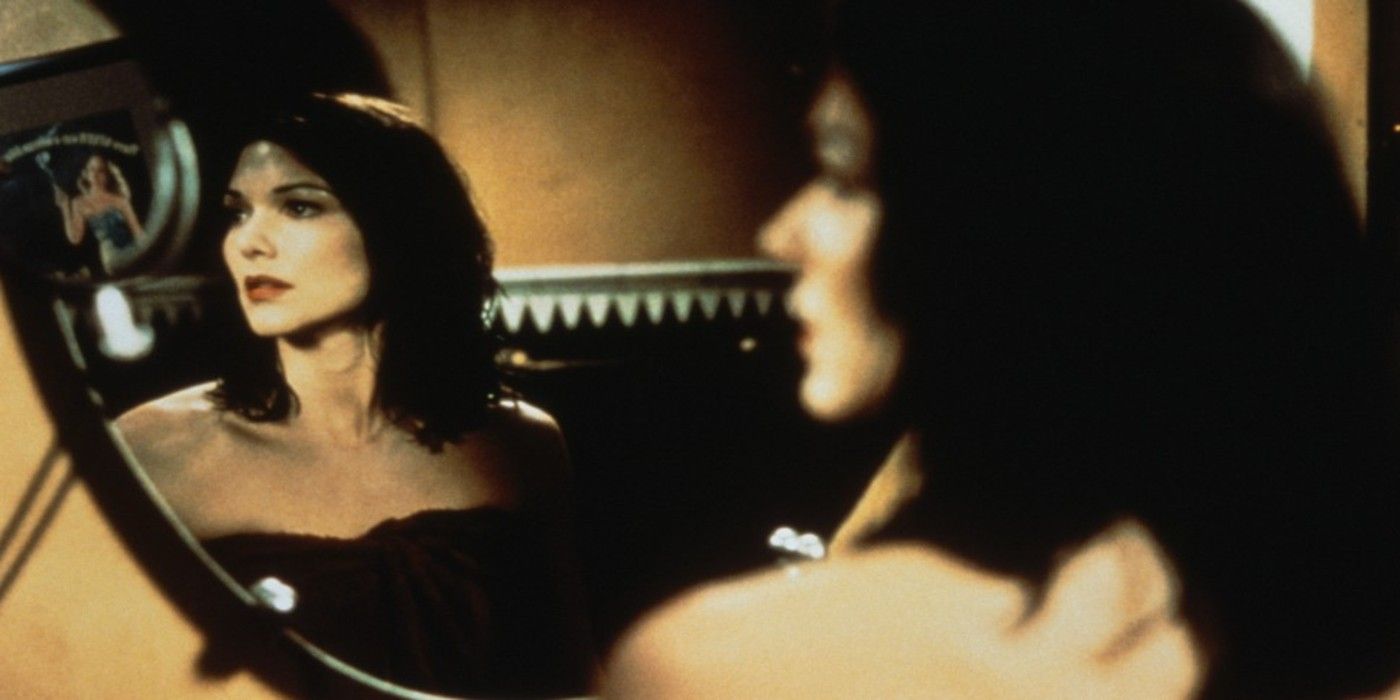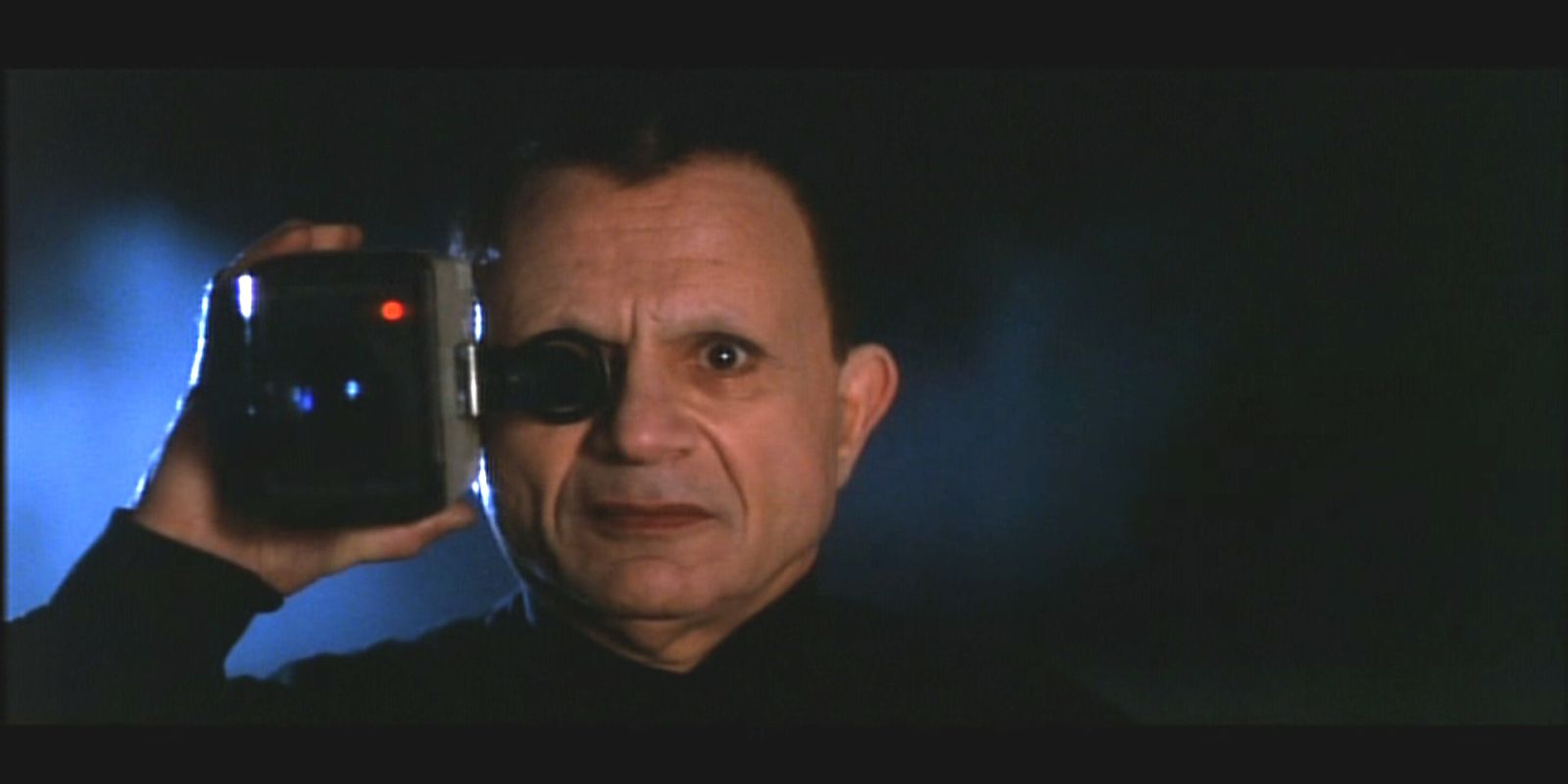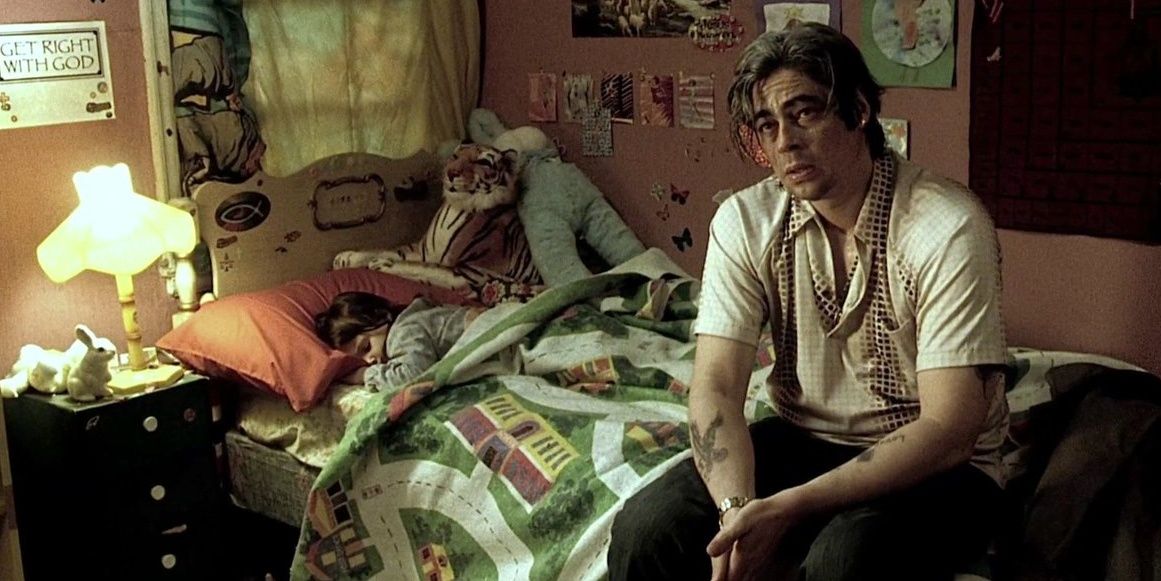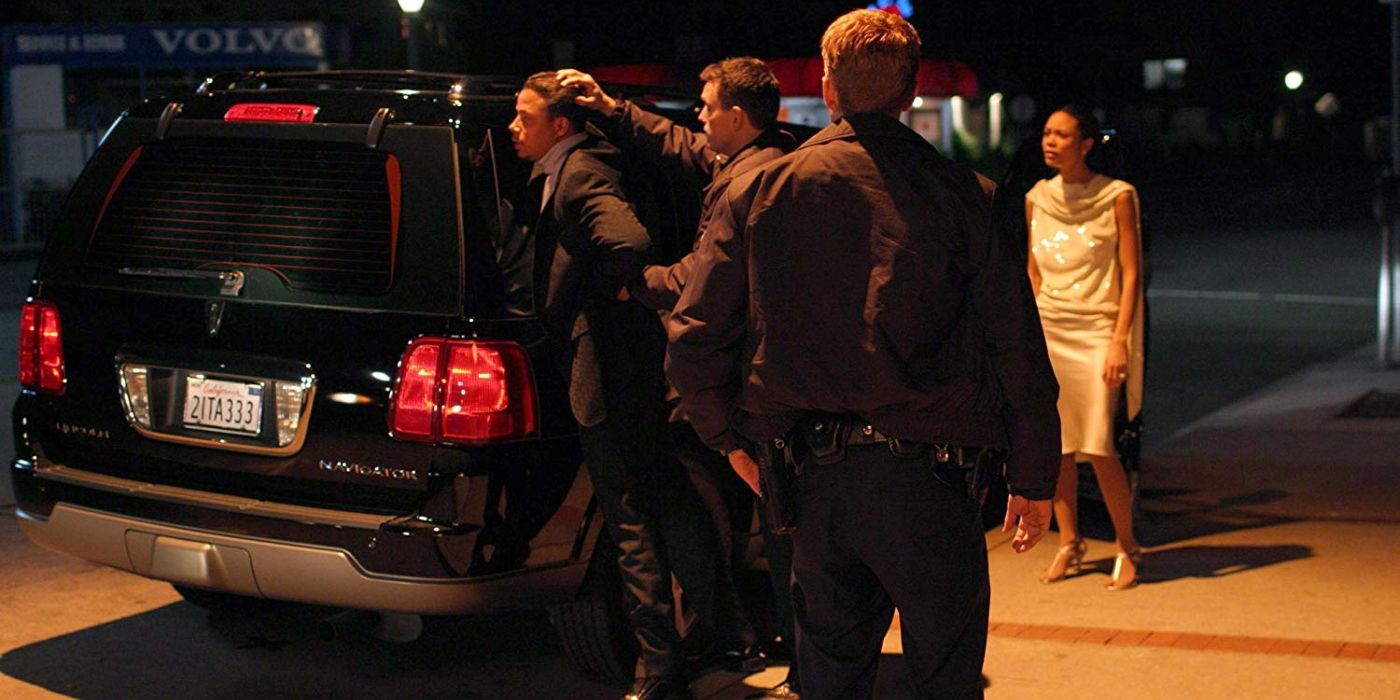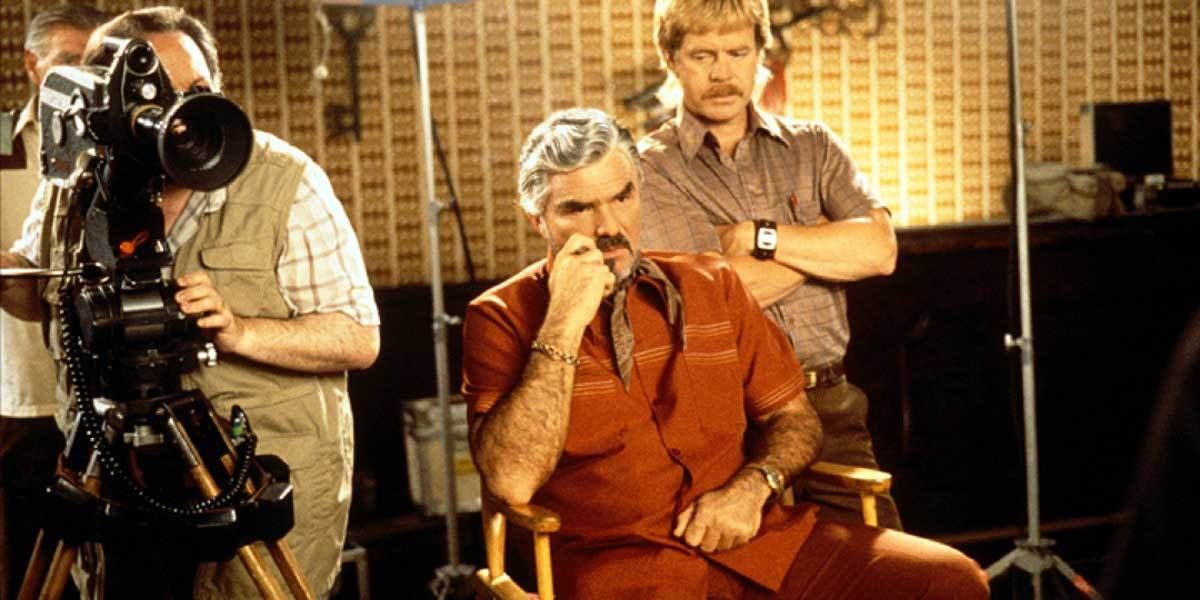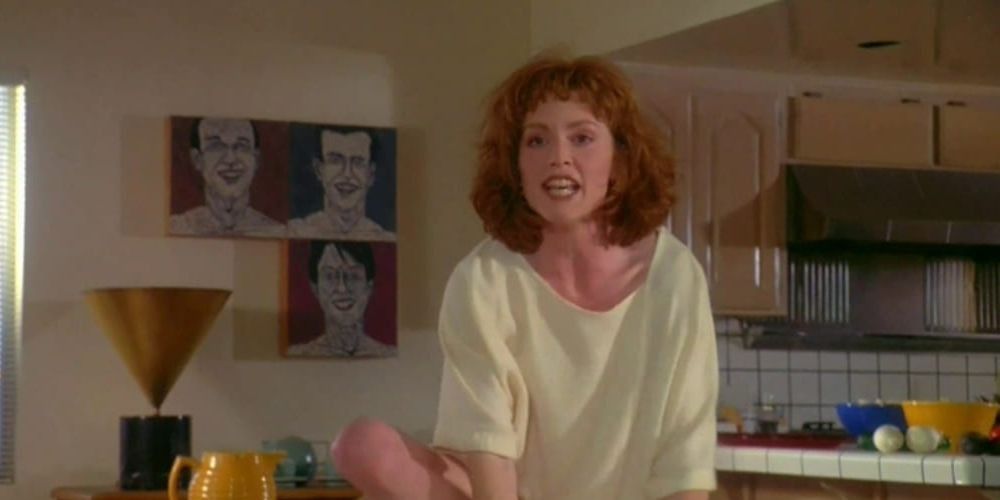There are few films quite like Paul Thomas Anderson's psychological drama, Magnolia. Even after nearly two decades, it shines as a particularly unique movie that captivates its audience with its raw, emotional performances. Yet it also intrigues with themes that drift between the cerebral, the philosophical, and even the Biblical.
It stands out for its slew of interweaving narratives, all loosely tied together with an overarching plot and numerous parallels throughout. Additionally, the film strikes an emotional chord with some somber themes dealing with love, regret, forgiveness, and redemption. Though its many characters are ironically quite distinct - Anderson conveys a shared, often turbulent journey of the human spirit to find meaning.
It's no surprise that given the depth and generally unique nature of Magnolia, there aren't many films like it. Yet, there are some efforts that have a similar essence or degree of overlap, whether it's the mosaic narrative structure or a similarly dramatic, philosophical motif.
Grand Canyon (1991)
This '91 drama from Lawrence Kasdan portrays a series of random events affecting a group of distinct protagonists. It largely centers around an immigration lawyer (Kevin Kline), who befriends a tow truck driver (Danny Glover) after being saved by muggers. It shifts to a similarly emotional tale involving the driver's wife and his best friend (Steve Martin), a producer of violent action films who embarks on a personal journey.
This structure may seem similar to Magnolia, though Grand Canyon's themes favor separations and strife brought about by race and class. The film similarly deals with the duality of human nature - and how good and bad deeds can produce a ripple effect and affect the lives of those around them.
Night On Earth (1991)
This cheeky drama by Jim Jarmusch revolves around a handful of vignettes of vastly different characters, tied together by a single evening and similar taxi settings. Not unlike Anderson's epic, Night on Earth emphasizes amusing dialogue and the daily happenings of its dynamic characters.
Though these exchanges occur in cities spanning from Los Angeles to Rome, each narrative contains a similar sense of drama and human struggle. It's an off-kilter, humorous examination of human nature, and an individual's struggle to get by in everyday city life.
Network (1976)
Though this Sidney Lumet film hones in mainly on a single story, Network captures the essence of Anderson's film when it comes to its motifs of redemption, salvation, and philosophy. In much the same way that Magnolia examines humanity's darker side, this is a cynical, satirical commentary on ratings-driven news.
It revolves around an odd, bombastic anchorman who launches into rants on TV after he learns he's being canceled. The film's emphasis on philosophical sermons - tinged with a hint of optimism - can definitely describe Anderson's work, just as it describes Network.
Being John Malkovich (1999)
This cerebral comedy, directed by Spike Jonze, definitely stands out as a bizarre, psychological character study. Generally speaking, the film shares more similarities with trippy comedies like Groundhog Day or The Truman Show than Anderson's film.
Still, it does hold some parallels - given its surreal nature, and unique narrative of downtrodden characters seeking a better life. It's just that in this case, that "better life" comes in the form of John Malkovich. And where Magnolia favors raining frogs for its fantastical elements, this one stresses portals into the minds of other beings.
Mullholand Drive (2001)
Speaking of bizarre narratives, there are few that can touch this memorable David Lynch film when it comes to surrealism. Like Magnolia, this neo-noir thriller has a wondrous dreamlike feel - which occasionally drifts towards an eerie nightmare for our troubled protagonist, played by Naomi Watts.
Mullholand Drive was actually conceived as a short TV series - and it tends to show with its complex, sprawling plot of over two hours. Lynch keeps viewers on edge and guessing with its warped surrealism, gripping suspense, and shocking plot twists. But juxtaposing this depth and trippiness is a fairly grounded character study of a downtrodden antihero seeking peace.
Lost Highway (1997)
Staying on the topic of David Lynch neo-noirs, '97's Lost Highway is another film in which the director oscillates from gripping suspense to obscurity.
It follows a musician played by Bill Pullman who finds tapes of him and his wife (Patricia Arquette) from a mysterious source. Things only spiral from there, as he's accused of her murder soon thereafter. The film then shifts to a seemingly interlinked plot involving a mechanic seduced by a femme fatale. Not unlike Magnolia, Lynch offers much to question and ponder during this dramatic, humanistic journey.
21 Grams (2003)
This darkly-tinged drama involves the intertwining stories of various antiheroes - played convincingly by Sean Penn, Naomi Watts, and Benicio Del Toro. The backstories and hardships of these troubled characters are shown in a non-linear fashion, highlighting their past, present, and future.
It shifts between the plot of a former convict-turned-Christian, a grief-stricken mother, and a critically-ill mathematician. As is the case with Magnolia, the film's strengths mainly lie in some emotional performances and gripping writing, which stresses the trials and tribulations of humanity.
Crash (2004)
Both Magnolia and Paul Haggis' Crash do a great job in portraying gripping plots by way of three-dimensional characters undergoing hardship. But while Anderson does this in a general sense, this film stresses this tone through the lens of racial and social tensions in the US.
In another parallel, the film shifts between a number of figures, each of whom exemplifies the distinct experiences of people of color and of various social classes in LA. The title itself is significant in terms of the tragedy-laden plot and serving as a metaphor for the larger themes of conflict. Yet like Magnolia, it ultimately highlights humanity's unified goals and similar traits that emerge despite our differences. Crash is an emotional rollercoaster from start to finish - and a socially significant one at that.
Boogie Nights (1997)
It'd seem only natural that a list discussing Magnolia-esque films should include at least one entry from its own director. And this breakout hit certainly warrants a top position - in terms of its unique storytelling, as well as its quality, at large. The film highlights the rise and fall of a busboy who becomes an adult-film sensation, setting the stage for plenty of emotional drama.
With memorable performances by various stars (some of which can be seen in Magnolia), along with its distinct sense of style, this period drama showcases the inventive filmmaker at his best.
Short Cuts (1993)
This underrated gem checks most of the boxes when it comes to a Magnolia-like romp. There's the array of downtrodden leads - most of whom take part in interweaving plots throughout. There are the overarching narratives and themes of "getting by" amidst tough conditions, whilst dealing with death, infidelity, and corruption. There's even the shared setting of L.A., which provides the backdrop for the film's dramatic happenings.
And of course, there's another memorable performance by Julianne Moore, who makes up one of the many dynamic characters. Being based on various short stories by Raymond Carver, each of these separate stories prove unique and in-depth. And in fact, Anderson is even on record for being influenced by this very film.

